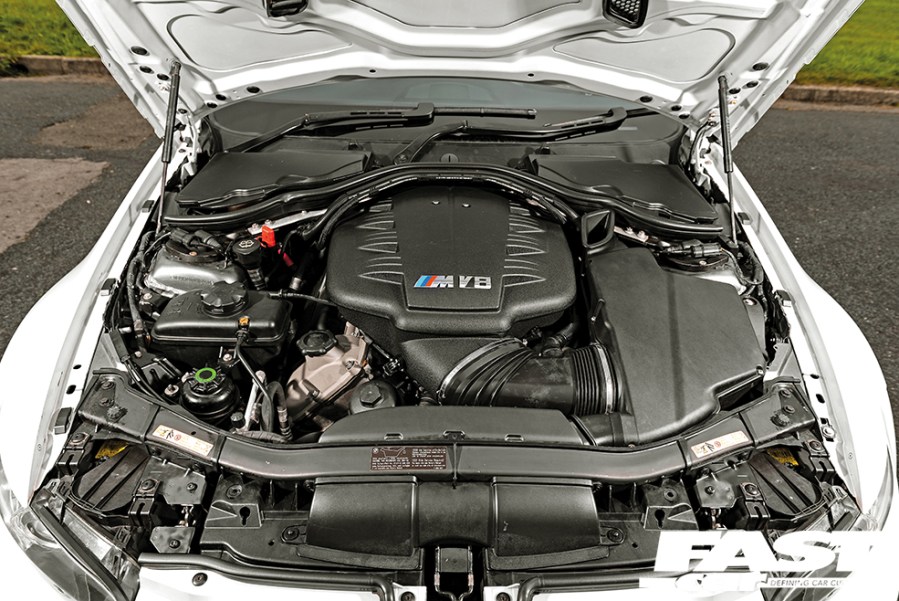Revealing the Intricacies of Next-Generation Power Units: a Deep Study Advanced Engine Innovations and layouts
In the realm of automotive engineering, the ruthless pursuit of effectiveness, sustainability, and efficiency has actually thrust the evolution of power units to unmatched heights. As we base on the precipice of a brand-new period in transport, the details of next-generation engine styles beckon us to check out the advanced technologies and advancements that promise to redefine the driving experience. From sophisticated products that press the limits of longevity and weight decrease to sophisticated turbocharging and supercharging systems that boost power outcome to new levels, each element of these power systems holds a vital to opening the future of automotive engineering. Digging deeper right into the worlds of exhaust control, intelligent engine monitoring systems, and the perspective of power unit advancement, we find ourselves on the cusp of a transformation that assures to improve the landscape of movement as we understand it.
Advancement of Engine Materials

The shift towards progressed engine products has actually additionally enabled designers to design engines with higher power outputs while maintaining fuel effectiveness criteria. The usage of light-weight products reduces the overall weight of the engine, leading to improved gas economy and lower emissions. Additionally, developments in materials innovation have actually permitted better thermal management within engines, resulting in increased integrity and durability.
Turbocharging and Supercharging Technologies
Exactly How do Turbocharging and Supercharging Technologies revolutionize engine efficiency and effectiveness in modern-day vehicles? Turbo charging and turbocharging are technologies that significantly boost engine performance by raising the quantity of air consumption right into the burning chamber. Turbocharging achieves this by using a generator driven by exhaust gases to pressurize the intake air, while turbo charging utilizes a belt- or chain-driven compressor to achieve the very same effect.
These modern technologies make it possible for smaller sized, much more fuel-efficient engines to generate power comparable to bigger ones, understood as downsizing. By forcing more air into the cyndrical tubes, turbocharging and supercharging improve burning effectiveness, leading to raised horsepower and torque result without a significant rise in engine size. This brings about much better velocity, hauling ability, and overall driving performance.
Additionally, turbocharging and supercharging contribute to enhanced gas efficiency by enabling the usage of smaller sized engines that consume less gas under regular driving conditions - bmw engine. This combination of improved efficiency and efficiency has made turbocharging and turbo index charging indispensable parts of lots of modern engine styles
Exhaust Control and Environmental Influence
With enhancing global worries regarding air quality and ecological sustainability, the execution of exhaust control modern technologies in lorries plays an important duty in reducing hazardous contaminants launched into the atmosphere. Modern cars are geared up with advanced discharge control systems that assist minimize the environmental impact of automobile operations. Catalytic converters, as an example, are developed to convert hazardous gases such as carbon monoxide, nitrogen oxides, and hydrocarbons into less damaging compounds like carbon dioxide and water vapor.
In addition, innovations in engine innovation, such as the integration of exhaust gas recirculation systems and discerning catalytic reduction, have actually dramatically contributed to lowering exhausts. These technologies work in tandem to optimize burning performance and lessen the release of unsafe pollutants into the air. Additionally, the growth of crossbreed and electric cars stands for a crucial action in the direction of minimizing the overall environmental footprint of the transportation sector.
Intelligent Engine Monitoring Equipment

Moreover, these systems allow cars to fulfill strict emissions requirements without compromising performance, providing an extra eco-friendly driving experience. The integration of expert system and artificial intelligence abilities in engine management systems proceeds to push the borders of what is feasible, causing further enhancements in efficiency, click site dependability, and total car performance. bmw engine. As vehicle modern technology advancements, intelligent engine monitoring systems will play an essential duty in forming the future of transport in the direction of a much more lasting and efficient instructions
Future Trends in Power Unit Development
As intelligent engine management systems pave the way for enhanced control and optimization in contemporary cars, future patterns in power system development are poised to redefine the landscape of automotive propulsion technologies. These alternative power sources offer boosted performance and efficiency while lining up with strict ecological regulations.
Another substantial fad is the combination of sophisticated products and producing methods. Lightweight materials such as carbon fiber and light weight aluminum are being made use of to reduce overall vehicle weight, boosting fuel efficiency and efficiency. Furthermore, innovations in 3D printing and additive production are allowing the production of intricate engine elements with higher accuracy and longevity.
Furthermore, fabricated intelligence and machine understanding are playing a critical function in optimizing power system efficiency. These innovations permit real-time surveillance and adaptive control, bring about more dependable and reliable power shipment. On the whole, future patterns in power unit growth are tailored towards sustainability, performance, and performance, driving the auto industry in the direction of a new period of propulsion technologies.

Conclusion
In final thought, the advancements in engine materials, turbocharging, discharge control, and smart management systems have paved the method for next-generation power units. The elaborate styles and technologies in modern engines showcase the ongoing development of vehicle technology.
Discovering the progressive developments in engine products has actually been essential in improving the efficiency and performance of modern-day engines. Over the years, the evolution of engine products has played a vital role in pressing the limits of what engines can achieve.The shift in the direction of advanced engine products has likewise allowed engineers to develop engines with higher power outcomes while keeping fuel performance standards.The application of intelligent engine administration systems in modern-day vehicles has actually read the article changed the way engines are managed and optimized for performance and efficiency. By gathering data in real-time and assessing it with innovative formulas, intelligent engine administration systems can adjust to driving designs, ecological aspects, and engine health and wellness to make best use of power outcome while reducing fuel usage and discharges.